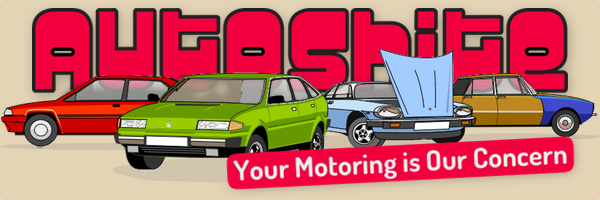Electric conversions of classics
-
Similar Content
-
Crap Camper Conversions 1 2
By Isopon,
- 55 replies
- 11,729 views
-
Volvo S80 (P2) 6-speed conversion
By Mr_Bo11ox,
- 6 replies
- 905 views
-
Tasty Classics 1 2
By bezzabsa,
- 36 replies
- 2,261 views
-
Classic. Retro. Modern. 1 2 3
By UltraWomble,
- 73 replies
- 9,937 views
-
- 403 replies
- 28,158 views
-





Recommended Posts
Create an account or sign in to comment
You need to be a member in order to leave a comment
Create an account
Sign up for a new account in our community. It's easy!
Register a new accountSign in
Already have an account? Sign in here.
Sign In Now